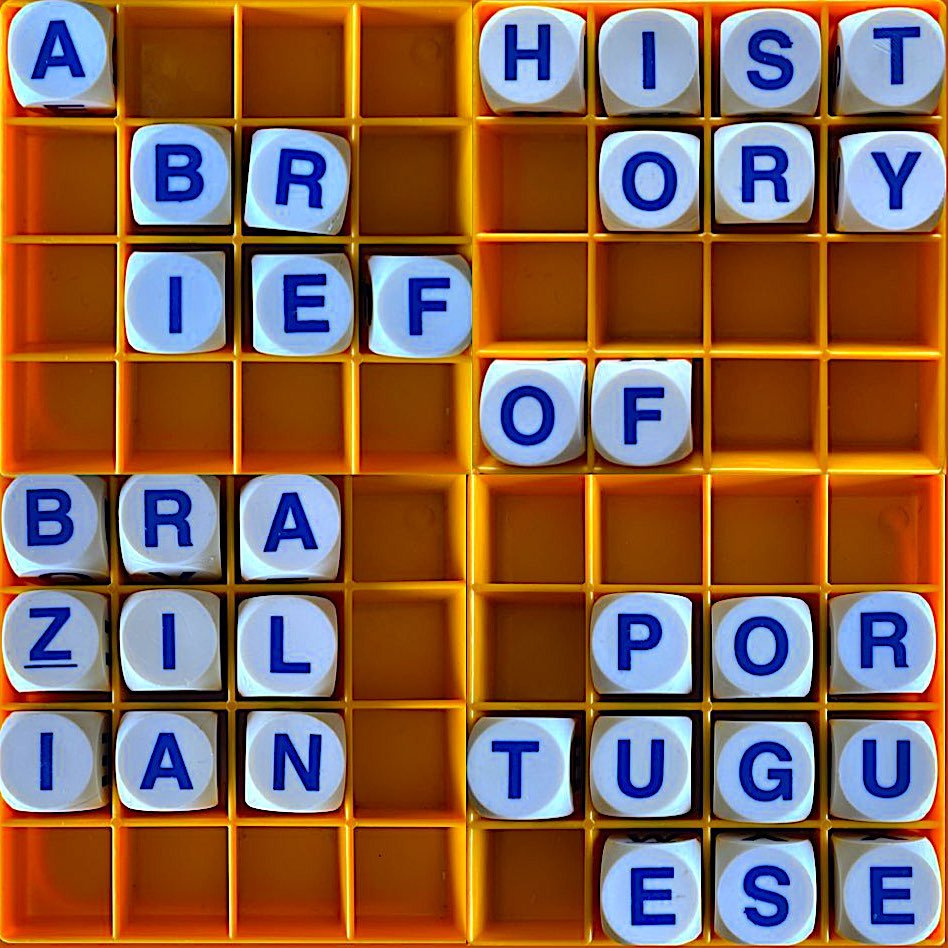"The myths, or the received wisdom, about Portuguese language in Brazil is that, of course we know we speak a very different version of the language, but this has always been explained to us as maybe perhaps a defect of sorts?" says linguist and translator Caetano Galindo, author of Latim em Pó, a history of Brazilian Portuguese. "You look deeper into things and you find you have to wrap your mind around a very different reality.”
Read moreAllusionist 171. Supplantation
Last episode, I mentioned that in London, Ontario, in 2019 a 9-year-old named Lyla Wheeler had launched a petition to rename her street, currently called Plantation Road. This episode, Lyla, now aged nearly thirteen, and her mom Kristin Daley recount the reasons why Lyla campaigned for this name change, how the neighbours reacted, what happened when the wider world heard about it, and why the street's name is still Plantation Road.
Read moreAllusionist 170. Actively Passive
Over the past few years, numerous products and places with the word 'plantation' in their names have rebranded. As for the word 'plantation' itself, architect and writer Kennedy Whiters of unRedactTheFacts.com advocates for replacing it with a more truthful term. She also watches out for use of the grammatical passive voice, because "It hides who did what to whom."
Read moreAllusionist 169. The Box
Erwin Schrödinger is one of the "fathers of quantum mechanics". He also sexually abused children. Trinity College Dublin recently denamed a lecture theatre that had been named after him - but his name is still on an equation that won the Nobel Prize for physics. And a cat.
Writer and historian Subhadra Das recounts how and why you rename a university building, and retired physicist Martin Austwick considers that renaming an eponymous equation or theory might be more difficult than unscrewing a sign from a wall.
Read moreAllusionist 168. Debuts
There’s been a recurring theme on the show over the years, of filling gaps in language, removing stigma and bias, finding better ways to express ourselves and talk about our feelings and our bodies. Today Kalle Rocklinger, sex educator with RFSU, the National Association for Sexuality Education in Sweden, talks about how and why over the years, the RFSU has come up with and publicised new terms for body parts and sexual acts, and what they would still like to change. This is the first part of the Telling Other Stories series, about renaming things.
Read more




